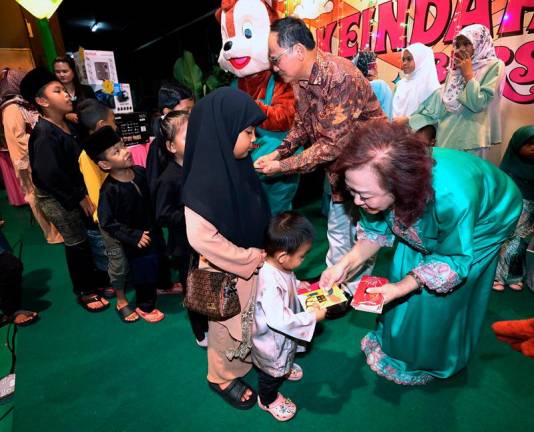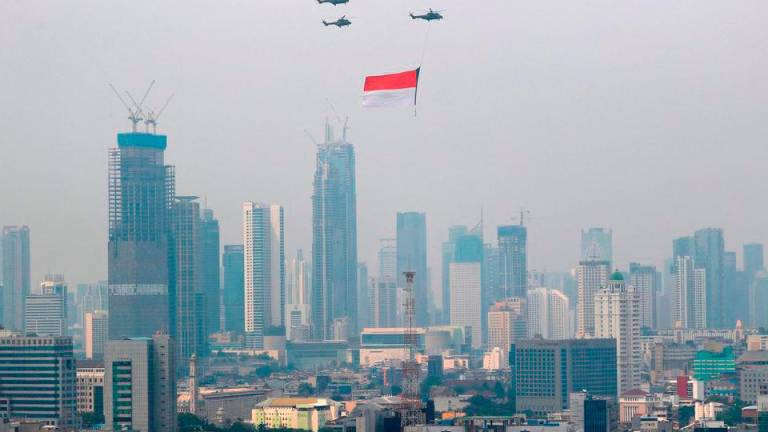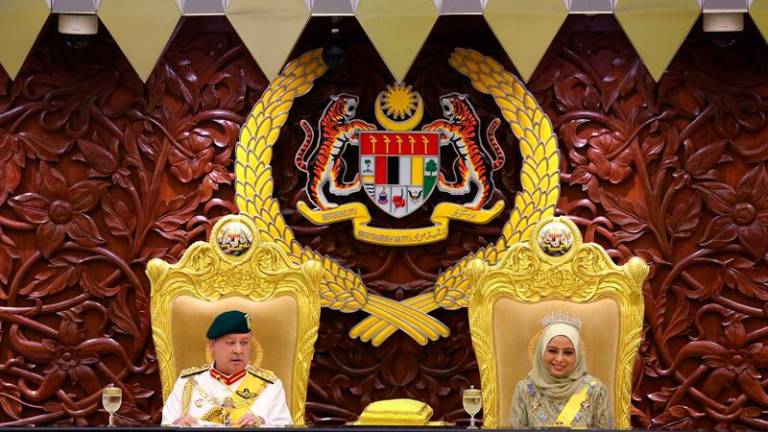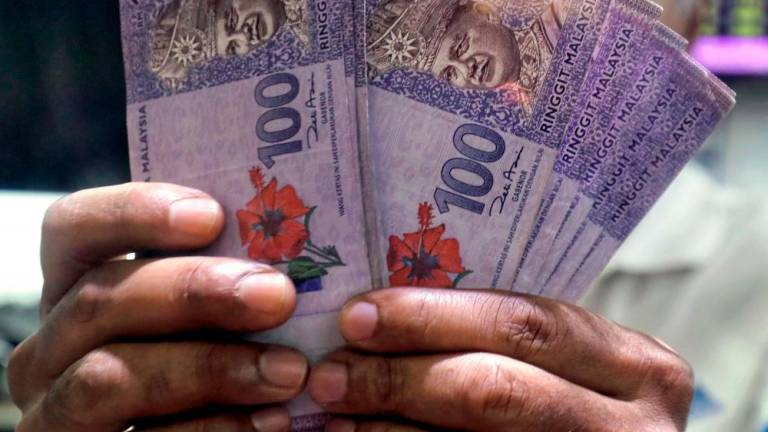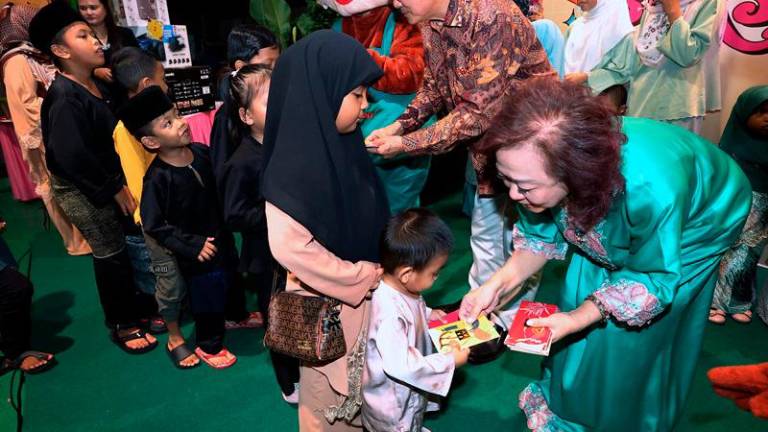THERE is a need to clarify whether debates are part of our culture because there is a contention that debate in whatever context is not. It is alien to us. But first, we need to define what the word debate means.
The standard definition is that it is a formal discourse on particular topics or issues.
Arguments for and opposing viewpoints are put forward in various spatial contexts such as public meetings, corporate board rooms, parliament and even in informal setups such as coffee shops and other non-descript venues, and most certainly in schools and other academic institutions.
Teachers are well acquainted with debates, which is a dialectical discourse that is an integral part of the education process.
It builds confidence and the ability to analyse and articulate on various subject matters.
At the same time, it develops the ability to counter verbal challenges logically.
Almost all secondary schools have debating teams that compete in inter-school and interstate debates.
Of course, no university worth its salt would be without a debating team.
There would also be inter-faculty debating competitions but inter-varsity competition is the litmus test of a university’s level debating prowess.
Debate and debating are important teaching tools. It augments the normal method of teaching in which the teacher explains the topic while students take down notes and/or refer to the textbooks.
Any subject, be it history, geography, literature, physics, biology and any other subject could be taught in the form of a debate.
It would require the students to undertake thorough preparation and have an in-depth understanding of the topic.
Debate combines research, presentation and articulation as well as the ability to counter arguments.
Even in universities, aside from the formal debates between groups of students presenting their views on selected topics (one pro and the other con), course essays could be done in the form of debates which would encourage students to think of the subject from different perspectives.
Of course, debates could be used in tutorials.
A debate is the primary form of discourse in the lower and upper houses of the legislature.
Both these august houses debate on bills and all other matters of governance.
That is why it is imperative that there be a credible opposition to engage in debating these issues by giving different views and offering a check and balance to the views of the Executive.
A person aspiring to high political office should be amenable to debating challenges in a way of showing the people his ability to articulate matters of governance pertaining to the economy, finance, social, security, education and all other relevant matters.
He must show his breadth of knowledge to merit the high position of office.
In fact, all politicians are required to be able to debate in a sane, decorous and intellectual manner on issues in parliament.
But a quality debate is seldom seen in our august house as some of our politicians turn them into a verbal brothel.
However, those politicians with intellectual and/or articulating deficiencies should not be defensive and negate them as insignificant in our cultural and societal makeup.
We should encourage debate at all levels of formal and informal discourse because it develops elocution skills, and a keen and alert mind while creating confidence in facing verbal intellectual challenges besides developing dialectical ability.
Mohamed Ghouse Nasuruddin is with the Centre for Policy Research and International Studies at Universiti Sains Malaysia. Comments: letters@thesundaily.com





